Ants are fascinating creatures. They are hardworking, organized and resilient. While their role is very important in the ecosystem balance, their presence in our kitchens, cupboards or pantries is less welcome. Managing ants in your home can look like an ongoing battle that you keep on combating, but with the right knowledge and strategies against these invaders, you will be able to reduce the attractiveness of your home for these tiny invaders.
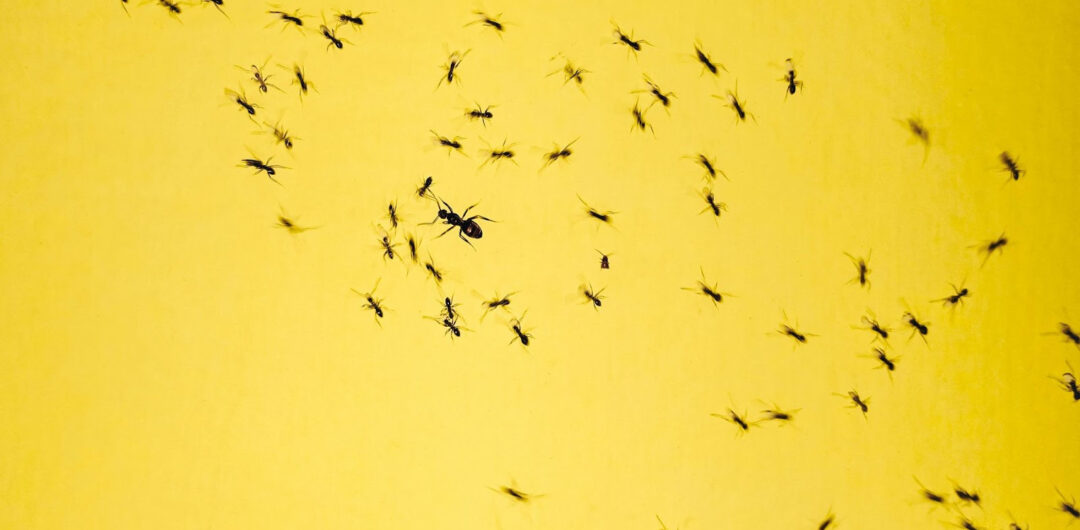
Photo by hybridnighthawk on Unsplash
Tiny Invaders: Understanding and Managing Ants in Your Home – Why Do Ants Enter Homes?
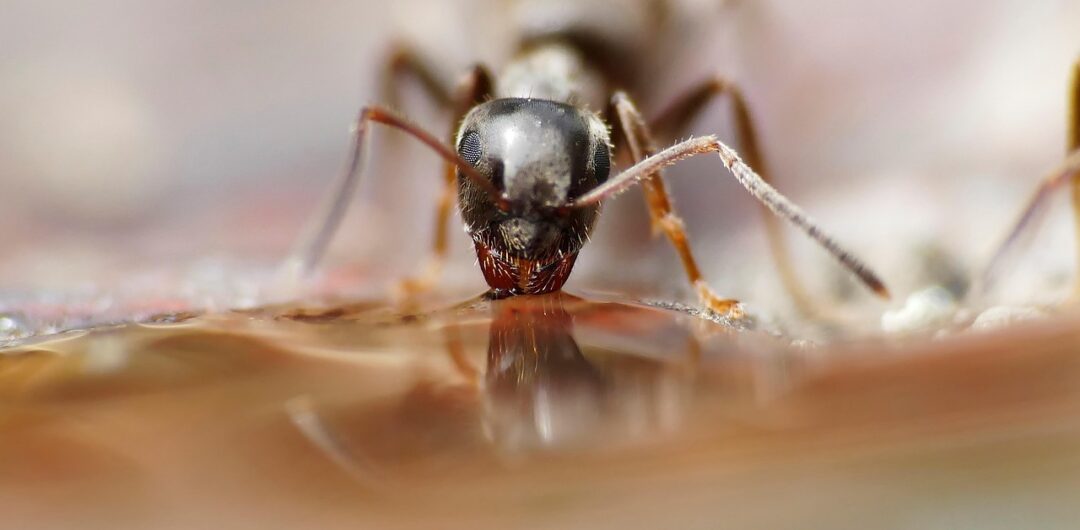
Ants don’t break into our homes simply for fun. They have an agenda in mind. Their biggest motivations include food, water and shelter, which is much like any living organism. Any forgotten crumb on the floor, unwrapped sweets or even a dripping tap can attract their attention. An ant scout reports back to its colony about all the goodies hiding within your kitchen. And once this information reaches them, they quickly march across the cracks and crevices to claim them all.
Tiny Invaders: Understanding and Managing Ants in Your Home – The Ant Superhighway: How They Get Inside
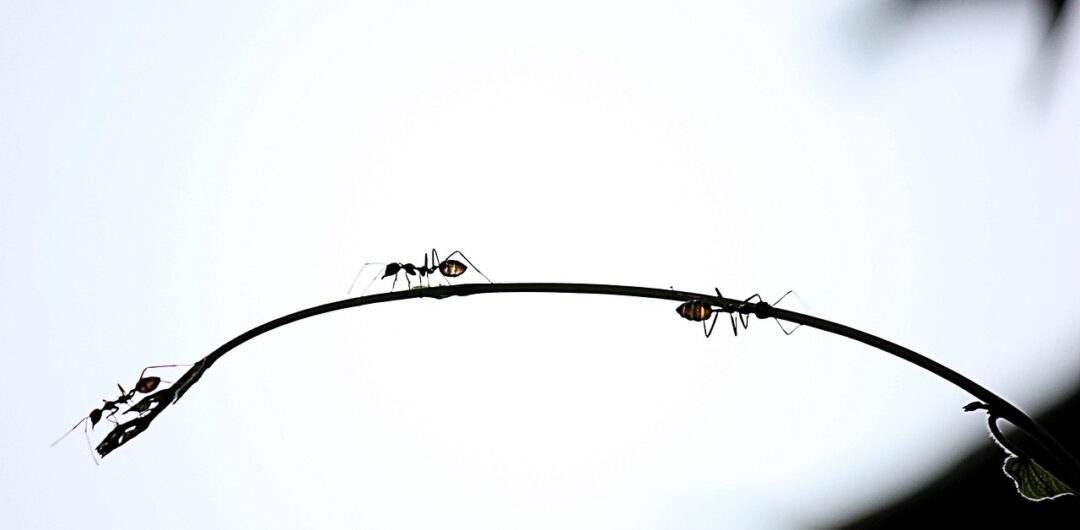
Ants are masters at infiltrating homes. Cracked door frames, window frames, walls or anywhere act as highways that give ants easy entry to your house or apartment. Once inside they leave pheromone trails as they travel across your space which other ants follow until it eventually forms an endless network linking your home with their colony.
Tiny Invaders: Understanding and Managing Ants in Your Home – Strategies to Keep Ants Away
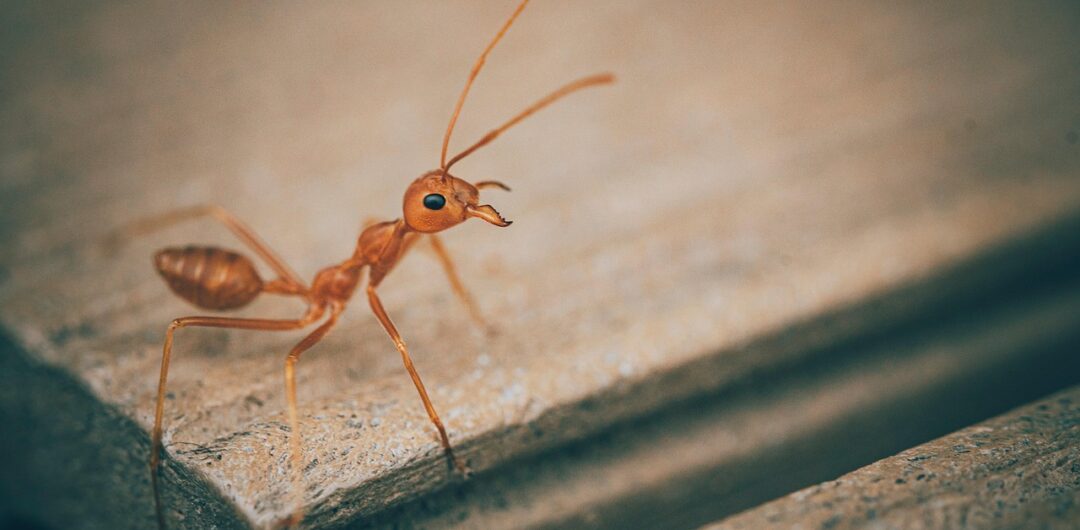
Ant infestations can quickly grow out of control, but there are measures you can use to combat their presence:
Maintain a Clean Environment
Cleanliness is your best defense against ants. Make sure to regularly sweep the floors, wipe down the countertops and quickly clean up food spills. Store your food in airtight containers and take out the trash regularly as half-full bins are great conditions for them to dive into.
Eliminate Moisture
Ants are drawn to water sources, so it is very important that you fix leaky faucets, pipes or any damp spots quickly in your home. Make sure that the kitchen sink remains dry overnight and keep an eye out for pooling water around your property.
Seal Entry Points
Locate and seal cracks or gaps around your windows, doors, and baseboards using silicon caulk or weatherstripping.
Use Natural Deterrents
Scents like vinegar, lemon or essential oils such as peppermint or tea tree oil can disrupt the ant pheromone trails and deter them. You can wipe the surfaces with water mixed with vinegar to hamper their navigational ability.
Tiny Invaders: Understanding and Managing Ants in Your Home – When to Call in the Professionals

In cases you have persistent or widespread ant infestations, getting professional pest control services involved is your only way out without losing your mind. These specialists can identify the species of ants as well as nest locations for targeted treatments that deliver long-term effects.
Tiny Invaders: Understanding and Managing Ants in Your Home – Conclusion
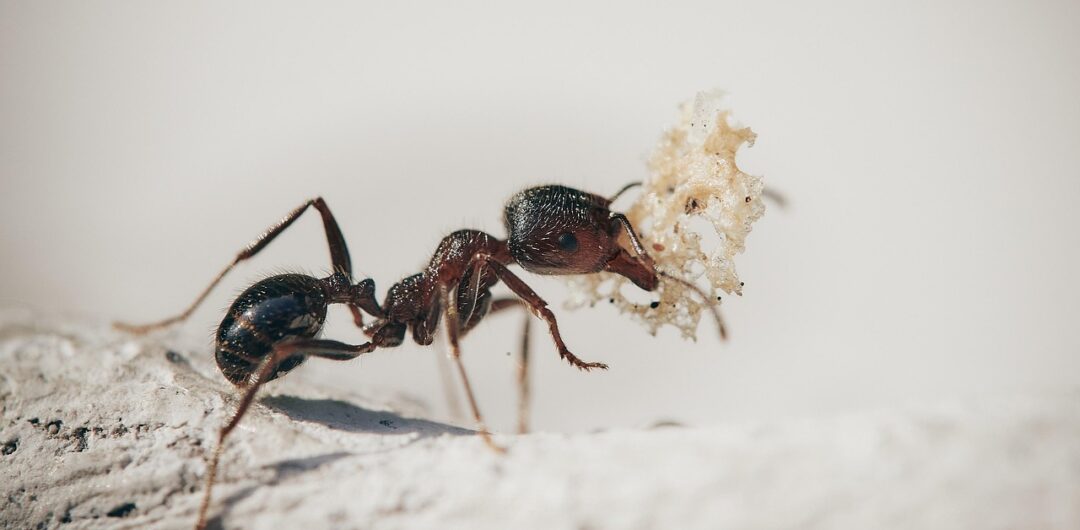
Ants may be remarkable creatures, but your home doesn’t need to become their base of operation. Learning more about their behavior and taking preventive steps will lessen their impact in your home and (hopefully) keep them away. When you maintain your cleanliness, regular inspection of leaky taps, and do a bit of strategic planning, you can close off ants from entering for good.
